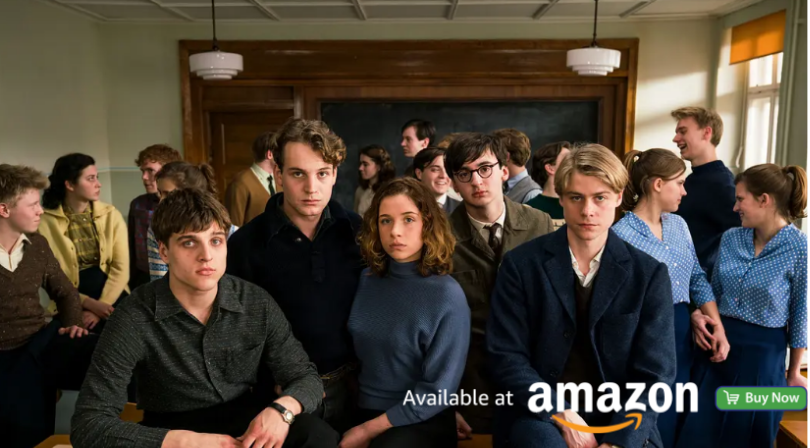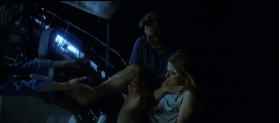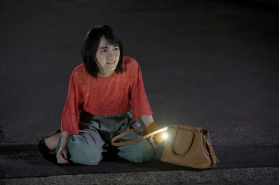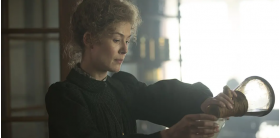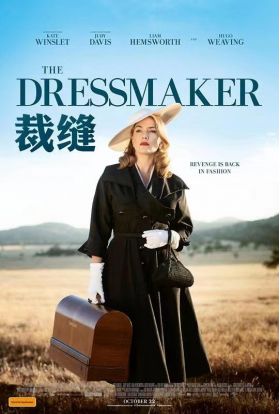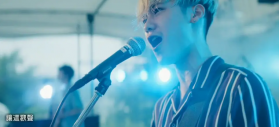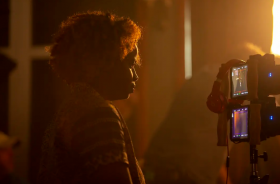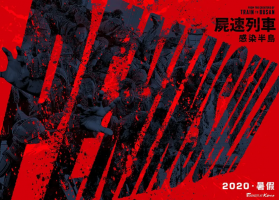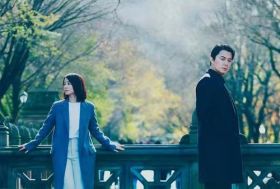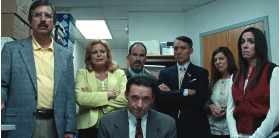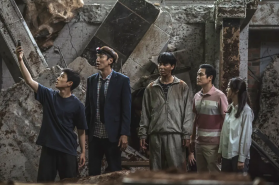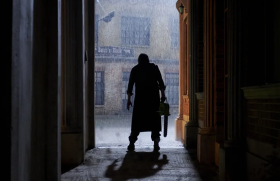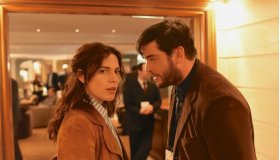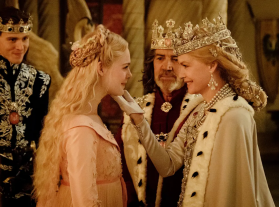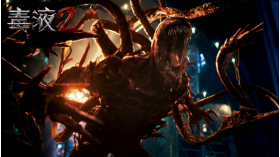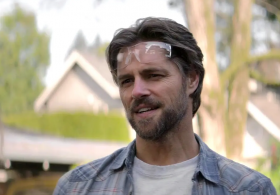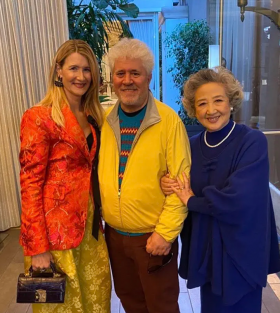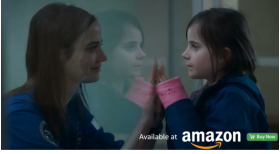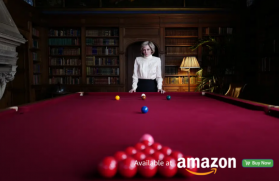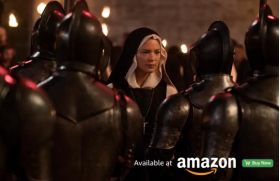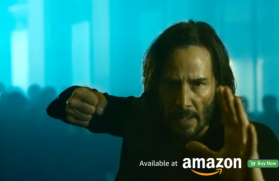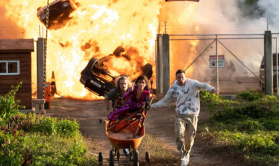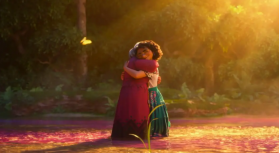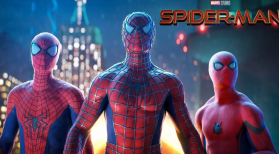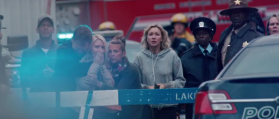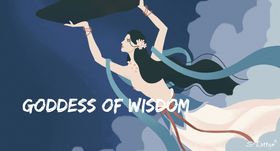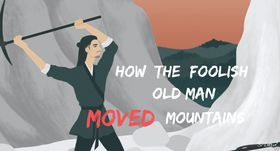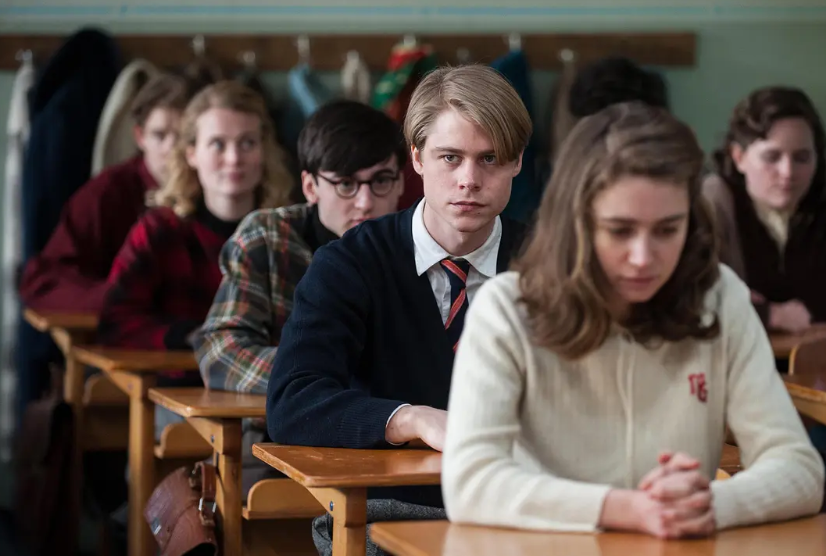
“The Silent revolution" is a German historical drama film released in 2020, also known as The Silent revolution, directed by Lars Kraume and starring actors Leonard Scheicher, Tom Gramenz, and Jonas Dassler, the story is based on real events, about a class of graduates from East Berlin in 1956, who turn to learn that the Hungarian people are launching a revolution against the Soviet Union and the news of the heavy casualties, decided to They decided to observe a two-minute silence in their classroom to pay their respects. This seemingly innocuous gesture triggered the attention of the Ministry of Education, which regarded them as villains and prevented them from graduating if no one in the class confessed to the proposal and even affected the jobs of their families.
Politics can never be completely separated from life
Is freedom important or not? What does it represent to people? What would happen if one day we went back to the days when totalitarian governments ruled and lost the freedom to discuss the rights and wrongs of public figures with our friends and to express our opinions on public issues on the Internet? What would be the impact and transformation of our daily lives? Although "The Silent revolution" is a story that took place in East Germany more than 50 years ago, the dramatic tension of the film's real-life setting still allows us to reflect on our own history in light of the events in the film, and through the review of past tragic events and historical scars, we can learn lessons and reflect on how to avoid following the same path again.
Q%248C3%5BMLQC6H0%60D1R.png?1653651460643)
The Historical Background of the true story of "The Silent revolution"
History has a way of repeating itself." At the end of the Great War in 1918, which resulted in a large number of deaths and injuries, the victorious Allied Powers imposed arms restrictions on the German Empire and the Versailles Contract, which necessitated the repayment of huge reparations, putting heavy economic pressure on Germany during the interwar period and leading to the rise to power of Hitler, who later chanted reform slogans and planted the seeds for a larger and more far-reaching Second World War 20 years later; similarly, Nazi Germany was defeated by the Soviet Union and the Soviet Union at the end of World War II in 1945 Similarly, after Nazi Germany surrendered and collapsed against the Soviet Union and the Allies at the end of World War II in 1945, the world did not see a long-lasting peace, and Germany soon split into two sides, the Western "Bundesrepublik Deutschland" and the Eastern "GDR", with the United States and the Soviet Union as the two main camps. The "Cold War" period, which lasted for more than 40 years, also came.
Therefore, although "The Silent revolution," which is set in the 1950s in "East Germany" during the Cold War, does not present the Nazi persecution of the Jews like "Jojo Rabbit" or "Resistance," it does not present the persecution of the Jews in East Germany, which later became the most important Soviet "arm of the Warsaw Pact. "The Silent revolution" is also about the real situation in which the state blocked information from the outside world and even restricted the rights and freedoms of the people in order to maintain superficial stability.
How good is the movie "The Silent revolution"?
The movie "The Silent revolution" focuses on East Berlin, the most direct conflict zone between the two camps of democratic capital and social communism, before the Berlin Wall was built. The "Two Minutes of Silence Campaign", which was initiated by a group of graduating high school students who were influenced by the Hungarian people's desire for independence but were suppressed by the Soviet Union, leads to an uncontrollable outcome in the classroom and takes the audience to see how these young, naive and idealistic young people in the midst of the big time are destroyed and oppressed by the system.
While it is true that "The Silent revolution" is somewhat discontented with the Soviet Union, the students' act of silence, which is mainly based on commemorating the fallen soldiers of the revolution, has been scrutinized by the state hierarchy, leaving them in the midst of conflicts between their classmates, their families, their own beliefs and their future, and "The Silent revolution" reaffirms the reality that politics and our lives can never be completely separated in this world. The reality of the world is that politics can never be completely separated from our lives.
2MMR.png?1653651591027)
The characters of "The Silent revolution" are depicted in the film
I love the design and portrayal of the characters in "The Silent revolution." Whether it is Teo, who was born into a blue-collar family; Kurt, whose father is a high-ranking government official; Lena, Teo's girlfriend, who is dependent on her grandmother; or Alec, whose father is a Red Front martyr and who does not support the Silent Movement, each of them has different ideas and positions on the events, which not only makes these characters quite three-dimensional but also makes them more realistic when they realize the seriousness of the situation. The strong sparks of suspicion, conflict, cover, and reconciliation between them when the seriousness of the situation is discovered also make the whole film more diversified and rich in its exploration.
In East Germany in the 1950s, graduating from high school was an extraordinary achievement to which everyone aspired, and there is no shortage of Ministry of Education officials who threaten to "deny graduation if the person in charge does not give up. It is for this reason that the main character of "The Silent revolution", Teo, as the first child in his family to graduate from high school, is portrayed in the film as a family's daily life and family interaction, from his father's initial trust and pride in sending his son to school, to working at the steel mill for a day after the outbreak of the incident and experiencing the hard work his father had to do to feed his family, all of which are used to strengthen the character's inner struggle between justice and family expectations. The struggle between justice and family expectations.
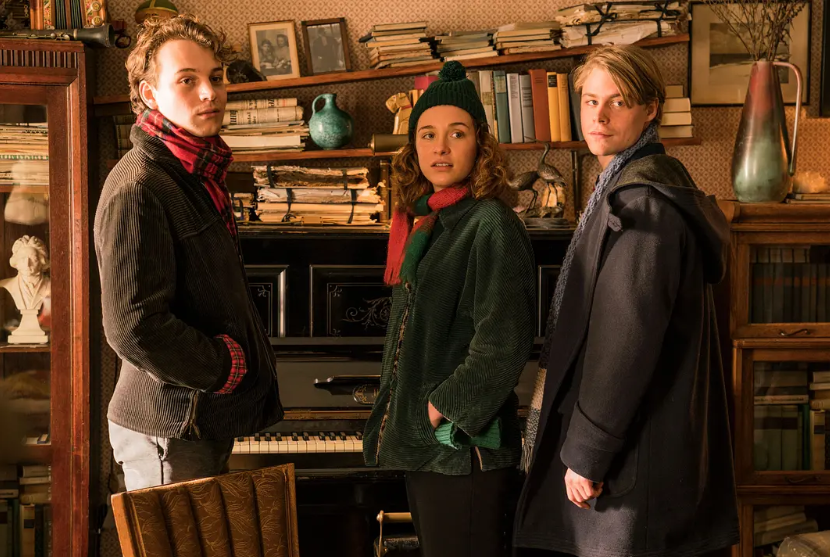
The dilemma of the plot of "The Silent revolution”
But why did the students of "The Silent revolution" choose to act so "differently" on the eve of graduation, when everyone needed to earn a high school diploma? We can certainly say that it was because they did not know the serious consequences, but more importantly, it was because of their conscience. The only fault of these students is that they were well educated, and knew how to distinguish between good and evil, right and wrong, but did not have enough social experience to think about the possible consequences.
The students of "The Silent revolution" are so liberal and well-intentioned to speak out for the unjustified treatment of other countries that they do not do anything that poses a real threat to the state, but when the state apparatus insists on labeling you as having "political intentions," even if you state your position of "mourning athletes," you will still be involved. But when the state apparatus insists on labeling you as having "political intentions" and even if you take a stand of "mourning the athletes," you will still be caught up in it to the extent that it is difficult to get out, what would we choose if we were these students? Would we reveal the originator of the silent movement, Kurt, like Teo's father, who was involved in the June 17 incident in East Germany in 1953 and eventually surrendered to the state for the sake of his family? Or do they choose to keep their mouths shut and share the consequences of the vote?
